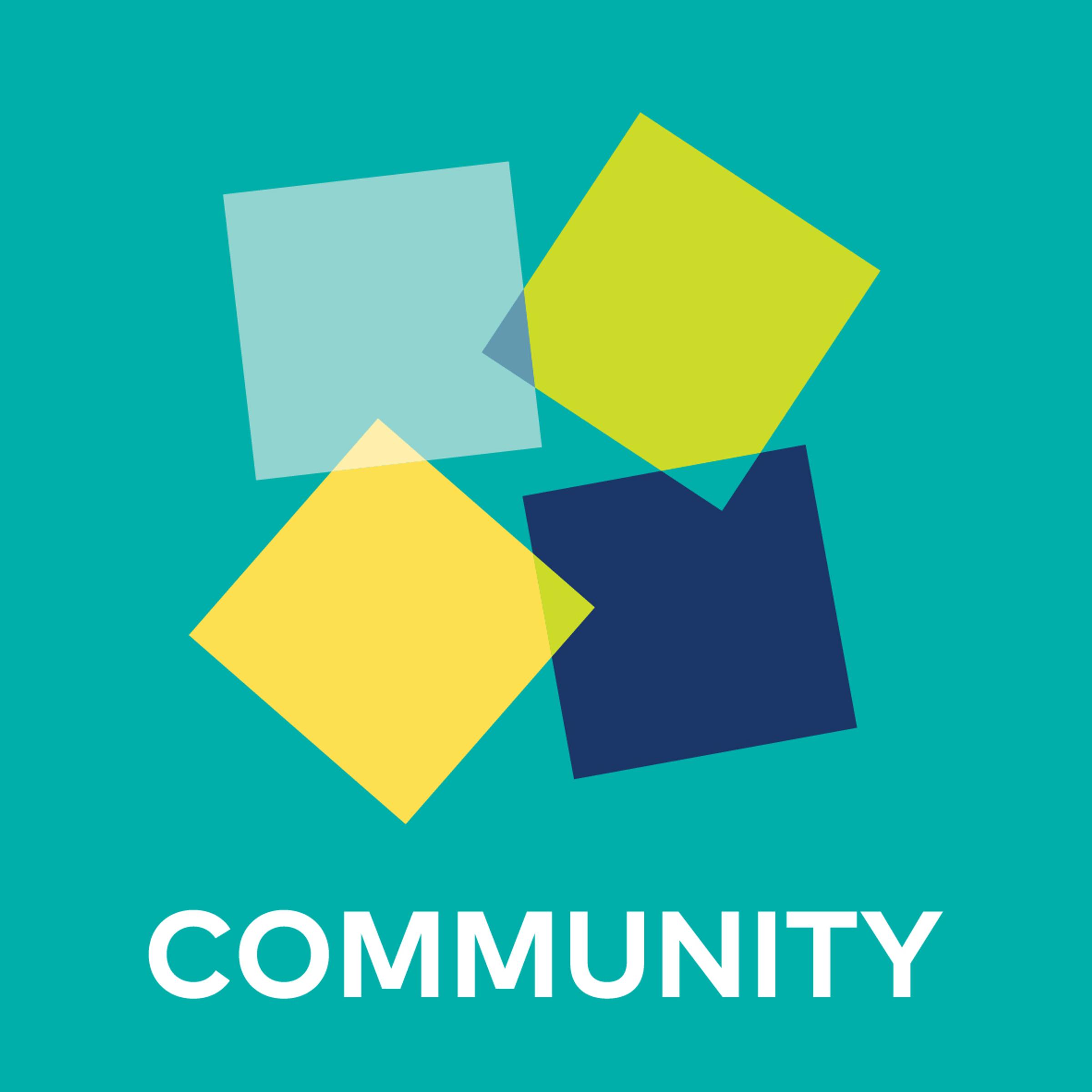Wellbeing
Taking care of yourself and your loved ones in this challenging period...

Wellbeing
Taking care of yourself and your loved ones in this challenging period...
Taking care of ourselves and our families is our number 1 priority.
Please click on the attachment below for a full list of support services and useful resources.
Families and caregivers of children and young people should discuss COVID-19 in an open and honest way that they will understand.
-Talk about the facts without causing alarm, and in a way that is appropriate for their age and temperament.
-It is important to listen to any questions they may have, to let them know that they are safe and that it’s normal to feel worried or concerned.
-If the media or the news is getting too much for them, limit exposure for young children and encourage teenagers to limit their exposure or turn it off completely.
Tips for parents/caregivers when talking about COVID:
-Ask children what they have heard about COVID-19.
-The way parents behave can have a significant effect on children.
-Keep conversations calm and focused on the facts. Emphasise efforts that are being taken to contain COVID-19.
-Model health-promoting behaviours for your children. For example, teach them to wash their hands with soap and water for 20 seconds.
-Educate the entire family about good health habits.
-Talk about what each family member can do to help others outside of the immediate family.
-Include children in family discussions and plans, in an age-appropriate way.
-Address any misconceptions children may have that could result in stigmatizing people or groups of people in the community.
During this period of isolation, we are all spending more time on online platforms including the children. The Esafety Commissioner has numerous resources and support ideas on their website that may help families navigate this period of increased online access: https://www.esafety.gov.au/parents
It is really important that parents have the conversation about cyber safety and responsible online use with their children. They have provided a Parent Online Safety Booklet during this Covid - 19 period: https://www.esafety.gov.au/parents/online-safety-book
The E safety Commissioner continues to hold free online Seminars during this time which can be found at: https://www.esafety.gov.au/parents/webinars
Age - Restricted Apps:
We remind families that some apps have age restrictions and that some apps and websites are not appropriate for primary aged children. We strongly advise that children remain in the same room with their parents when using online platforms and that children's social media access is restricted and managed by parents.
Please find the age restricted apps list below. This list is not exhaustive so we encourage parents to google other apps their children want to access before downloading them.
The student must always:
Students must not:
Internet Safety: